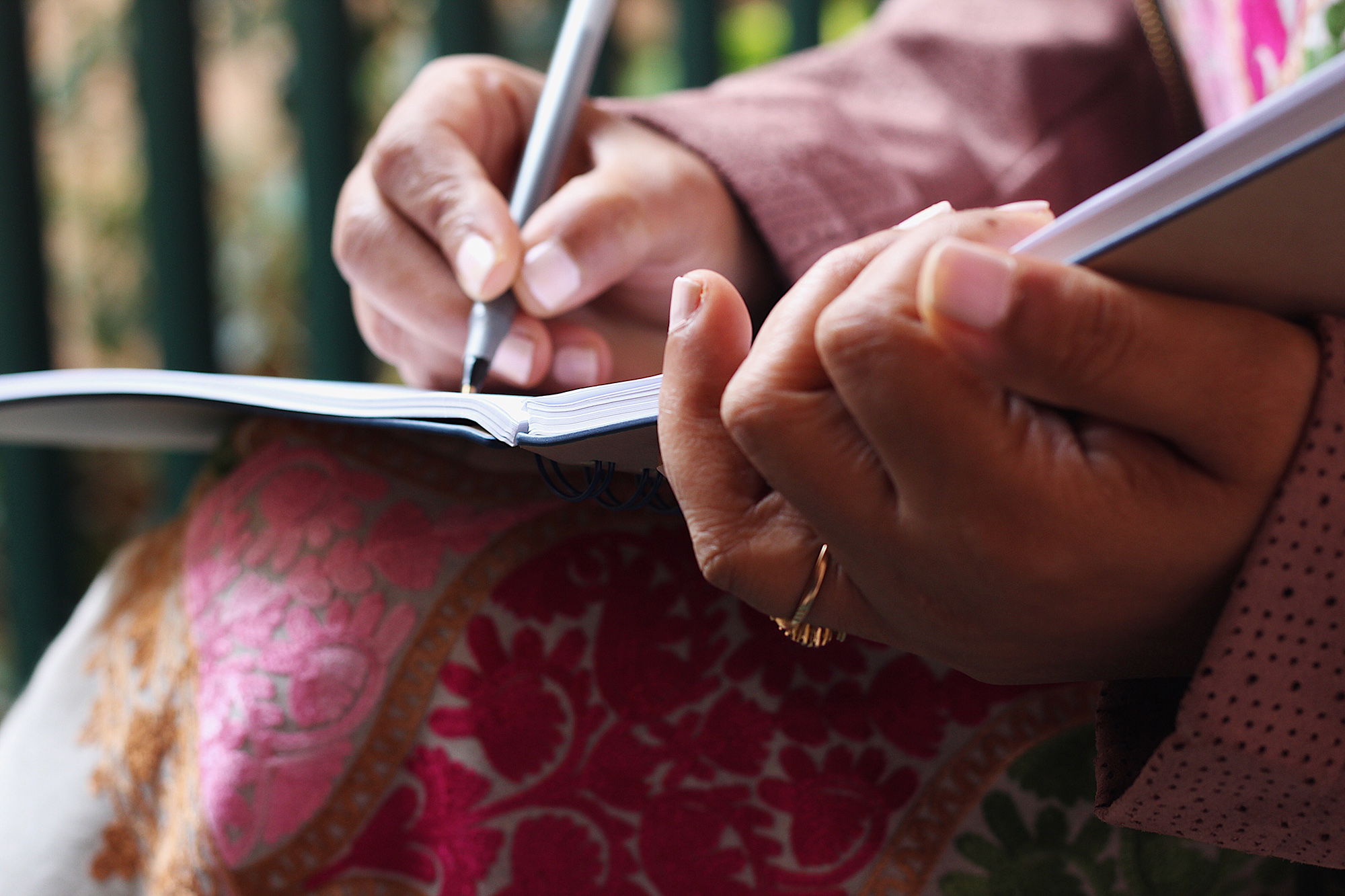
Rylee Lueken
January 15, 2026
•
8 min read
Life's challenges are unavoidable—everyone experiences stress, setbacks, and change throughout their lives. The difference isn't whether you face tough times, but how you respond when they happen. That's where emotional resilience comes in.
Resilience is not about being unshakable or "toughing it out." Instead, it's about adapting, recovering, and even growing in the face of difficulty. Building emotional resilience is one of the most important mental health skills you can develop, protecting you from anxiety, depression, and burnout while helping you navigate life's uncertainties with greater confidence.
The APA defines resilience as "adapting well in the face of adversity, trauma, tragedy, threats, or significant sources of stress". It doesn't mean avoiding pain or ignoring hardship, it means developing healthy coping strategies to process challenges and keep moving forward.
Researchers point out that resilience is shaped by both internal factors like emotional regulation, optimism, and problem-solving and external supports, such as family, friendships, and community resources. This makes resilience dynamic: something you can strengthen over time in many different ways.
Building your resilience doesn't require perfection—just practice. Tools like Brightn's guided journaling prompts can help you reflect on challenges and track your growth, making resilience-building feel less overwhelming and more manageable.

Building resilience doesn't just help you "bounce back" from stress. It protects your long-term mental wellness in powerful ways. Studies highlight multiple benefits of emotional resilience:
Lower risk of mental health conditions: People with higher resilience are less likely to develop depression, anxiety, or post-traumatic stress after difficult events.
Healthier stress responses: Research shows resilient people return to baseline faster after stress, with fewer negative physiological effects.
Better relationships: Resilience fosters open communication, allowing people to lean on and strengthen their support networks.
Increased optimism and life satisfaction: Resilience is closely tied to hope, optimism, and overall life satisfaction.
In short, resilience acts like a protective buffer between you and life's stressors, helping you maintain mental wellness even during turbulent times.
The good news: resilience is learnable. Here are research-backed strategies to strengthen your emotional resilience and improve your mental health:
1. Reframe challenges
Your mindset shapes your stress response. Viewing setbacks as opportunities for growth, rather than insurmountable failures, helps you adapt constructively. This cognitive reframing is a cornerstone of building resilience.
2. Build strong connections
Resilience is deeply social. Having supportive people to talk to and rely on is one of the strongest predictors of recovery from stress. Strong relationships provide emotional support and practical help during tough times.
3. Practice mindfulness and relaxation
Techniques like meditation, breathwork, and yoga reduce stress and improve emotional regulation, making it easier to respond calmly to adversity. Research-backed mindfulness practices help train your nervous system to stay grounded during challenges.
4. Focus on physical health
Sleep, exercise, and nutrition are essential for both body and mind. Research shows that taking care of your physical well-being makes your emotional resilience stronger. When your body is healthy, your mind can better handle stress.
5. Set realistic goals and problem-solve
Breaking down challenges into manageable steps creates momentum and helps prevent feeling overwhelmed. This practical approach to stress management builds confidence and reinforces your ability to handle future difficulties.
6. Cultivate optimism and gratitude
Positive psychology research finds that practices like journaling gratitude or reflecting on strengths enhance optimism, which reinforces resilience. Even small daily practices can rewire your brain to focus on positives and bounce back more easily from setbacks.

7. Seek meaning in adversity
Finding purpose, even in hardship, can transform how we experience challenges. For some, that may mean personal growth, faith, or giving back to others. Meaning-making helps you move from "why is this happening to me?" to "what can I learn from this?"
Resilience doesn't mean you won't feel stress, sadness, or fear. It means you can experience those emotions and still move forward with healthy coping strategies. Each time you navigate a difficult moment and keep going, you strengthen your resilience.
The process isn't about perfection. It's about practice. Over time, building emotional resilience brings greater confidence, flexibility, and hope. It empowers you not only to recover from tough times, but also to grow through them.
Ready to start building your resilience? Download Brightn to access guided practices, journaling tools, and daily habits that support your mental wellness journey.
Is resilience the same as ignoring problems?
No. True resilience means facing problems directly and finding healthy ways to cope—not pretending they don't exist.
Can resilience really be learned?
Yes. Research confirms resilience skills can be developed at any age with practice and support.
Does resilience mean I won't feel stress?
No. Resilient people still feel stress, but they recover more quickly and avoid being overwhelmed by it.
How long does it take to build emotional resilience?
Resilience develops gradually through consistent practice. Small daily habits can create meaningful change over weeks and months.

Building resilience is easier when you have the right tools and support. Brightn provides everything you need to strengthen your mental wellness:
Guided mindfulness practices to stay grounded during stress
Journaling prompts to reframe challenges into growth opportunities
Daily habit tracking that strengthens body and mind together
Evidence-based techniques from psychology and neuroscience
A supportive space where progress, not perfection, is the goal
With Brightn, you'll have the tools and encouragement to bounce back stronger, no matter what life throws at you.
Download Brightn Today and start building the resilience skills that will serve you for life.

Explore more mental wellness resources at brightn.app/resources:
Summer Stress Relief: 7 Evidence-Based Stress Relief Techniques for Gen Z — Learn practical, science-backed strategies to calm your body and mind during stressful times, perfect tools to strengthen resilience when life feels overwhelming.
The Science of Gratitude and Its Effects on Your Brain — Discover how practicing gratitude can rewire your brain to focus on positives, boosting resilience and helping you bounce back more easily from tough moments.
The Power of Small Habits: Building Healthy Habits for Mental Wellness One Step at a Time — See how simple, daily habits like journaling or mindful breathing can build long-term resilience and make it easier to handle stress over time.
American Psychological Association. "Resilience." APA, 2023, www.apa.org/topics/resilience.
Cleveland Clinic. "What Is Resilience?" Cleveland Clinic Health Essentials, 2023, my.clevelandclinic.org/health/treatments/17799-resilience-training.
Harvard Health Publishing. "The Road to Resilience." Harvard Health, 2023, hbr.org/2011/04/building-resilience.
Chowdhury, Madhuleena Roy. "What Is Emotional Resilience? (+6 Proven Ways to Build It)." PositivePsychology.com, 22 Jan. 2019, positivepsychology.com/emotional-resilience/.
"What Is Resilience?" Verywell Mind, 2023, www.verywellmind.com/what-is-resilience-2795059.